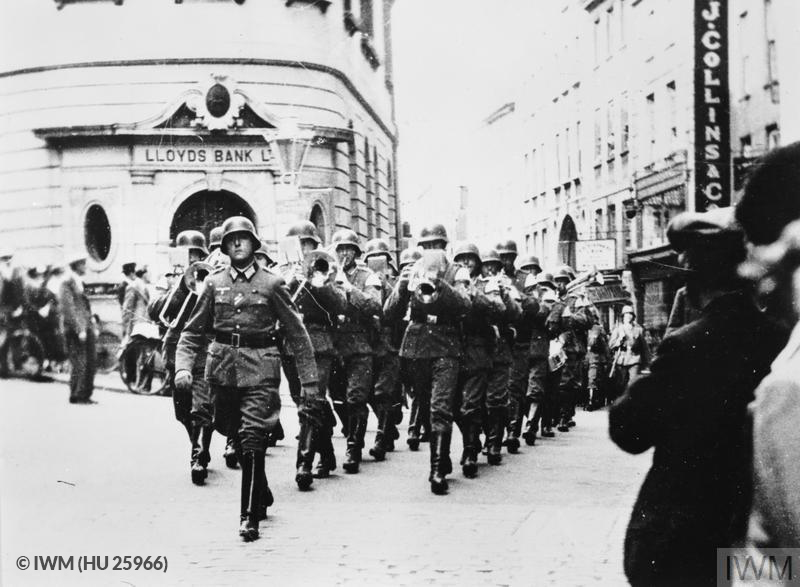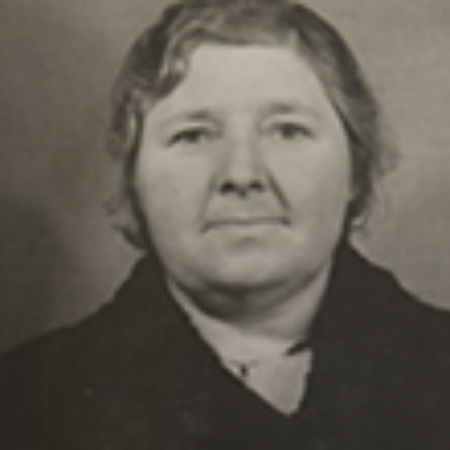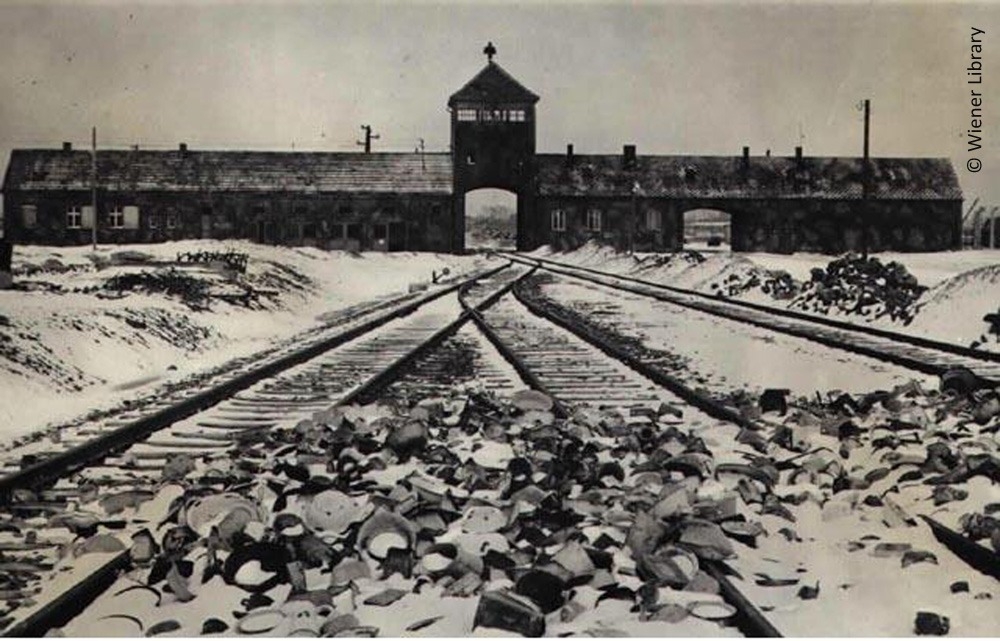HMDT Blog: The 80th anniversary of the German occupation of the Channel Islands by Dr Gilly Carr
Dr Gilly Carr, a Senior Lecturer at the University of Cambridge, reflects on what the anniversary of the German occupation of the Channel Islands means to those living there today.

German military band marching past Lloyds Bank on The Pollet, St Peter Port at Guernsey. Copyright: © IWM (HU 25966).
At the end of June / beginning of July 2020, the Channel Islands will be celebrating their second major anniversary of the pandemic: the 80th anniversary of the arrival of German occupying forces on their soil in 1940. On 9 May this year, the long-awaited major commemorative ceremonies to celebrate the 75th anniversary of their liberation were cancelled, much to the great sorrow of the entire population of the Channel Islands. While the Bailiwick of Guernsey, now Covid-free, has announced its recent ‘liberation from the occupation of the virus’, Jersey still has a tiny number of ‘unwelcome invaders’ in the form of Covid infections.
Describing historic events in occupation-related language, or referring back to the occupation to discuss current events, is the norm in the Channel Islands. Far from keeping wartime memories at arm’s length for the last 80 years, references occur daily in both Jersey and Guernsey. This is because the German occupation was the most important thing ever to happen in the Channel Islands – or at least, the most important since Islander men left to fight in the First World War.
The German occupation is a major part of Channel Islanders’ identity today, and fully embraced as such. It is a key way in which inhabitants describe their difference to other Britons. Rather than a pride in having been occupied, they are proud to have been occupied and to have survived – on the winning side. Theirs is a tale of David and Goliath, where they fought the powerful and machine-gun-wielding Nazis with metaphorical sling shots, and won. The stories of their grandparents speak of hunger, of outsmarting the occupiers, and – more recently – of brave acts of resistance by certain islanders. These are their experiences. And yet there are the experiences of others – the foreigners – who have been spoken about less over the years.
The ‘foreigners’ comprise a number of groups: the aliens who arrived in the 1930s, Jews among them, who sought employment in the Channel Islands, often fleeing Nazism in their home countries. They include the forced and slave labourers, brought to the Channel Islands to build the concrete bunkers which can be found along the coasts today. These labourers lived in labour camps throughout the three largest Channel Islands. As only a tiny minority stayed behind after the war, they were not present in large numbers to campaign for post-war recognition or compensation. Memorials in their names were very late to arrive. Their stories are still being uncovered today; their experiences remain, for the most part, as hidden histories. Archaeologists, as well as historians, are now involved in excavating their memories.
As the 80th anniversary of the beginning of the occupation passes, another round of further anniversaries of arrival and departure will, in due course, come around. While the 75th anniversary of the deportation of Jews from Guernsey passed unmarked by local government, perhaps this time things will be different. Perhaps eight decades – and their own brush with dark events – will be enough to make them ready to look the past square in the face at last.
Dr Gilly Carr is a Senior Lecturer and Academic Director in Archaeology at the University of Cambridge Institute of Continuing Education and a Fellow and Director of Studies at St Catharine’s College. She is best known for her work on the Holocaust and conflict archaeology, and is a member of the UK delegation of IHRA (International Holocaust Remembrance Alliance) and an academic advisor to UK Holocaust Memorial and Learning Centre in Westminster. Her most recent monograph is ‘Victims of Nazism in the Channel Islands: A legitimate heritage?’ (Bloomsbury Academic 2019).
The HMDT blog highlights topics relevant to our work in Holocaust and genocide education and commemoration. We hear from a variety of guest contributors who provide a range of personal perspectives on issues relevant to them, including those who have experienced state-sponsored persecution and genocide. The views expressed are those of the author and do not necessarily represent the views of HMDT.

